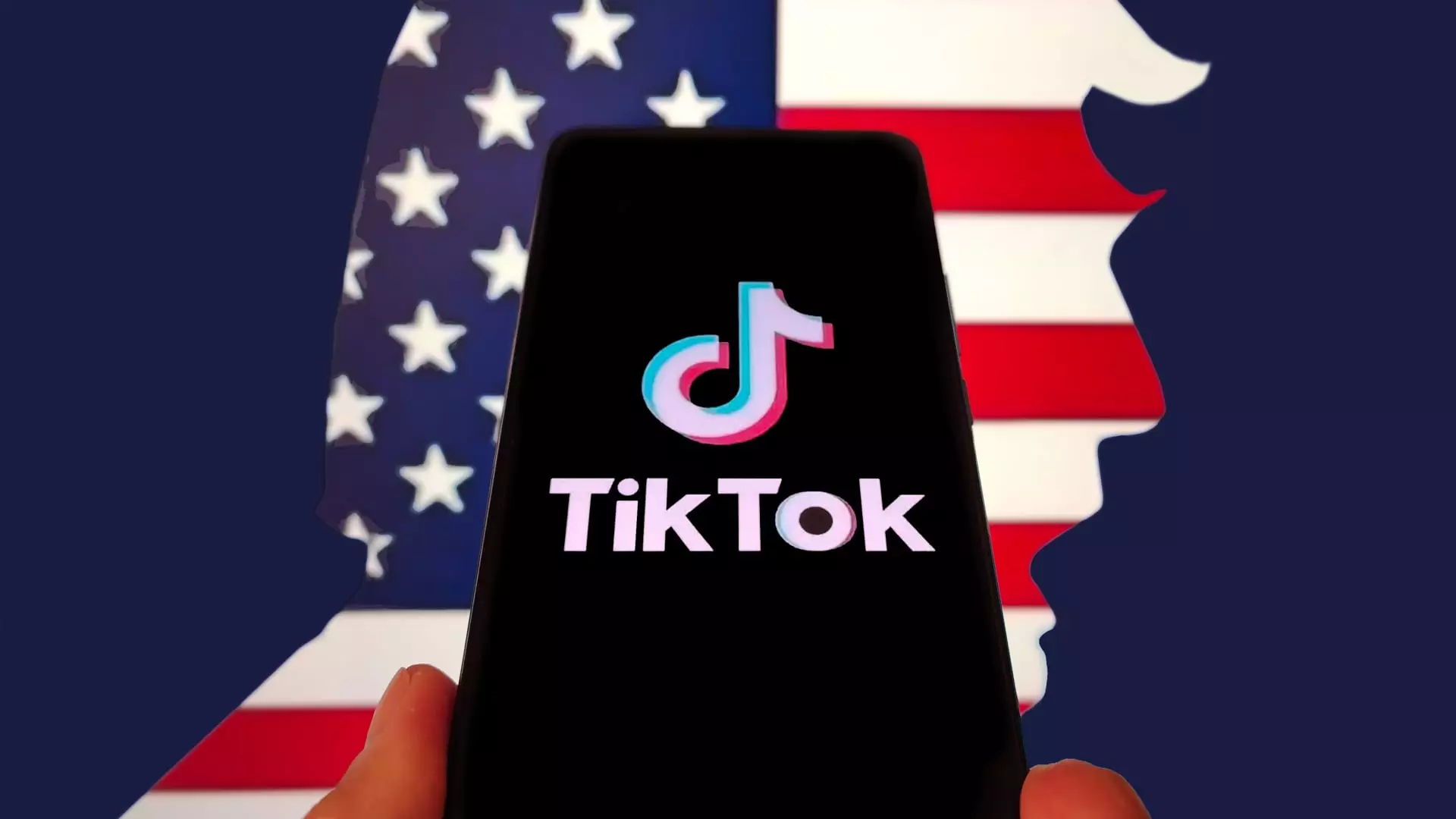The recent announcement of a deal between the U.S. and China over TikTok exemplifies the verbose language politicians use to mask deeper, unresolved power dynamics. While the White House boasts that “TikTok will be majority-owned by Americans” and that “the U.S. will control the app’s algorithm,” these claims are more symbolic than substantive. It’s easy to be dazzled by promises of American control, but the reality reveals a complex web of influence, control, and national security anxieties. At the core, this deal is less about genuine sovereignty and more about a carefully choreographed chess move in a larger global power game.
Claiming “America first” becomes increasingly hollow when one considers the broader geopolitical context. The deal’s design—placing six Americans on a seven-person board—sounds reassuring but ignores the shadowy influence of multinational corporations and soft-power tactics that tend to dilute true autonomy. Can we genuinely call this a victory for American interests when the control over data and algorithmic decision-making remains fraught with ambiguities? Too often, political rhetoric glosses over the persistent reality: ultimate authority remains elusive, negotiated behind closed doors among powerful elites, rather than granted to the seemingly in-control hand of the American government.
The Illusion of Sovereignty and the Ill-Fitting Monopoly
Much of the narrative hinges on the assumption that the U.S. is reclaiming sovereignty over TikTok’s data and operations. However, what does “control” truly mean in the digital age? Oracle, the cloud computing giant, is entrusted with safeguarding user data—yet this only shifts the veil rather than lifts it. Oracle’s multiple corporate ties and the nebulous nature of its data stewardship expose the inherent contradictions in claiming “control.” Is handing over sensitive data to a privatized American corporation a sign of independence or a new form of dependency?
Furthermore, confining influence within a seven-member board—without transparency about who the American appointees are—leaves the sanctity of U.S. oversight in question. Real accountability isn’t ensured by internal corporate governance but by clear, democratically accountable institutions. If those appointees serve corporate interests or are beholden to elite political circles, then the nationalist veneer flattens, revealing a facade designed to quash genuine dissent or oversight. The tendency to portray this deal as a clean victory for American sovereignty simplifies a messy, multi-layered negotiation rooted in economic interests, national security fears, and diplomatic leverage.
The Political Narrative: A Pawn in a Larger Game
Both the Biden and Trump administrations use the TikTok saga as a political prop—further evidence that national security concerns are often used to justify favoritism toward corporate interests with close ties to political elites. Trump’s vocal praise for the deal, coupled with his admission that TikTok’s popularity among young voters helped secure his electoral victory, underscores how nostalgia and populism intertwine with diplomatic maneuvering. His claim that TikTok “helped me win” trivializes complex electoral realities while fueling partisan narratives about technology and culture wars.
Meanwhile, the Biden administration’s cautious optimism masks a deeper hesitance rooted in the uncertainty of Huawei-like surveillance fears. The persistent use of “control” as a rhetorical tool conceals how technology remains a battleground where power—diplomatic, corporate, and ideological—is often hidden behind legal formulations, corporate boardroom decisions, and diplomatic dinners. The real question remains unanswered: who truly wields influence, and how much of that influence is in line with American public interest?
The Mirage of International Cooperation
The narrative of a “deal” with China lends a veneer of collaboration and prudence. But international diplomacy, especially in the digital domain, is rarely about mutual trust; it is about power plays cloaked in diplomatic terminology. The fact that President Xi Jinping and President Biden reportedly discussed the deal over the phone shows only surface-level cooperation. Behind closed doors, strategic interests—economic dominance, technological leadership, and geopolitical leverage—are at stake. For ordinary Americans, the framing of the deal as a “win” obscures the reality that China remains a formidable competitor, capable of influencing and manipulating global digital infrastructure.
The whole process exposes the superficiality of the notion that international agreements can fully resolve complex issues like data privacy and algorithmic control. In truth, what appears as American control is often an intricate balance of concessions, economic incentives, and diplomatic negotiations. The public’s perception of victory is generated by manipulated narratives rather than concrete shifts in power; a predictable game of appearances designed to placate a wary populace while strategic interests continue their relentless pursuit.
The Broader Implications: A Cliched Battle for Influence
In framing this deal as a triumph over Chinese influence, policymakers risk ignoring larger, more insidious patterns of global dominance—where technology is manipulated as a geopolitical weapon. Giving a semblance of control over TikTok might serve short-term political purposes, but it doesn’t fundamentally alter the underlying power structures that govern international technology. The real issue isn’t who sits on a board or who controls an algorithm; it’s about the overarching struggle for digital sovereignty in a world where data and influence are the new currencies.
This manufactured sense of victory may foster false security among Americans, but it also perpetuates complacency. It distracts from realizing that true control over technology and information lies in the hands of multinational corporations, state actors, and opaque networks. The narrative of “America first” becomes a superficial badge, masking the uncomfortable truth: genuine independence in the digital realm remains an elusive ideal, exploited by elites who understand that appearances are often more valuable than reality.


Leave a Reply